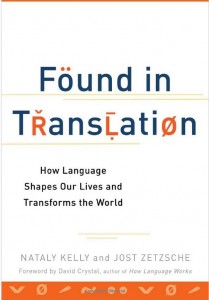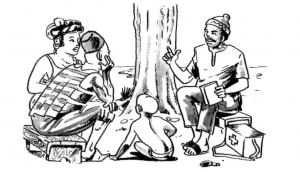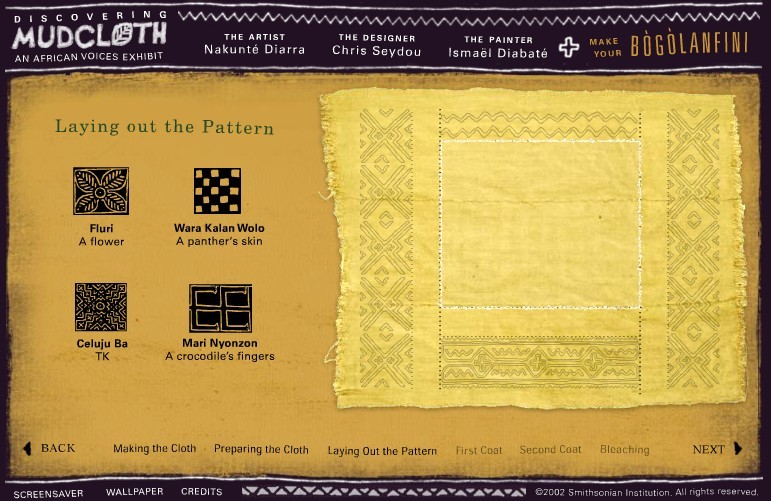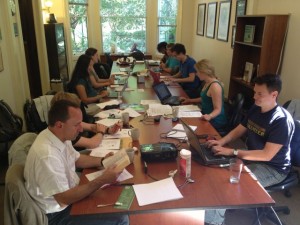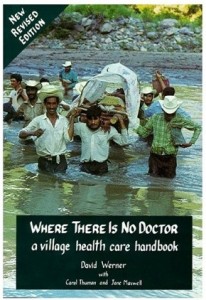I recently learned about the global campaign Healthcare Information for All by 2015. The project, launched in Mombasa, Kenya in 2006, has a vision of “a world where people are no longer dying for lack of healthcare knowledge” and is working “to improve the availability and use of healthcare information in developing countries.” Great stuff. The organization is free to join, has over 10,000 members, and hosts several active email message groups.
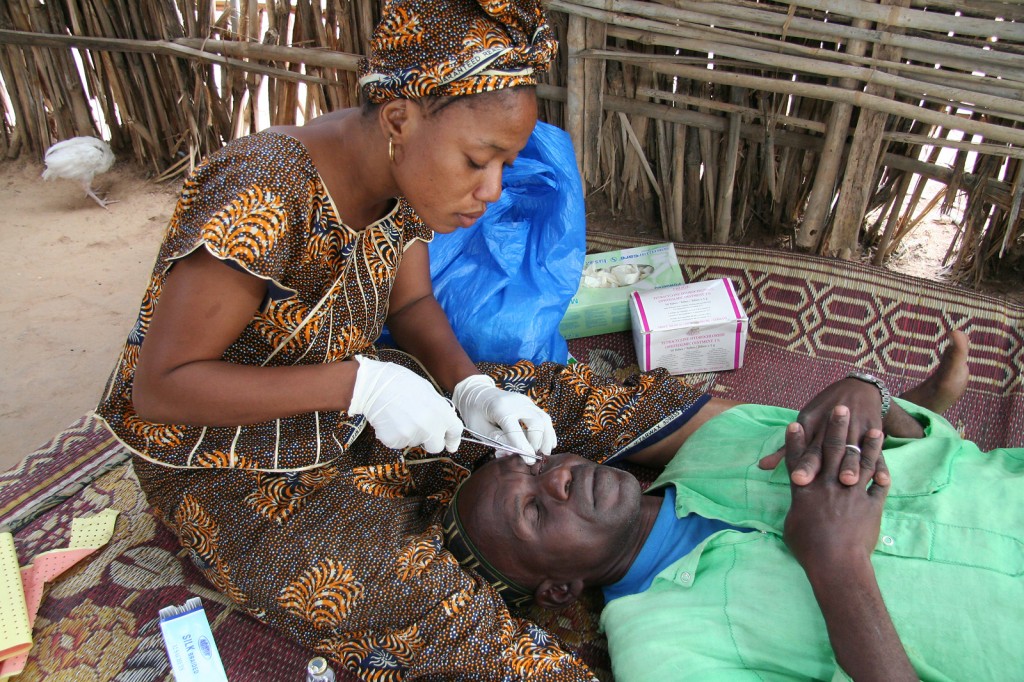
Recently, HIFA 2015 announced its first SMART goal: Mobile Healthcare Information For All. What does SMART mean? It’s a bit of management jargon that refers to a goal that is specific, measurable, attainable, relevant, and time-bound. Here’s the goal:
By 2015, at least one telecoms provider, in at least one country, will endorse the vision of Healthcare Information For All, and will provide free access to essential healthcare knowledge in the local language, pre-loaded on all new mobile phones they may sell and freely downloadable to all those who already have a mobile phone.
This Goal was proposed and will be led by the HIFA 2012-15 Challenge Working Group, which is specifically concerned with the health information needs of citizens, parents and children, in recognition of the huge (and largely unrealised) potential of mobile phones to meet basic healthcare information needs of citizens, parents and children.
A draft concept note is available on their website, describing how this would work. I think it’s an exciting goal, and one that could really help people in developing countries. Who knows? In a few years from now, maybe anyone in Mali will be able to read Where There is No Doctor on their cell phone… Maybe we can interest Orange or Malitel!

